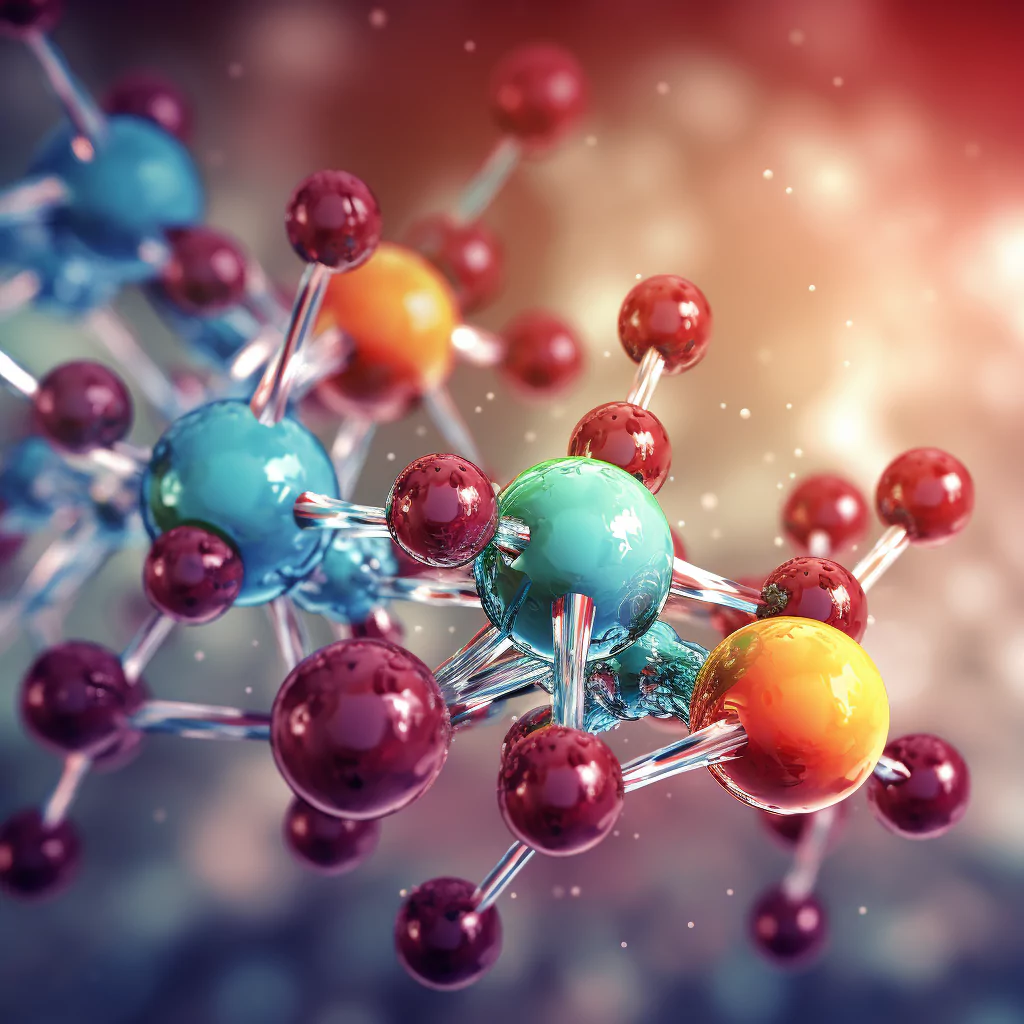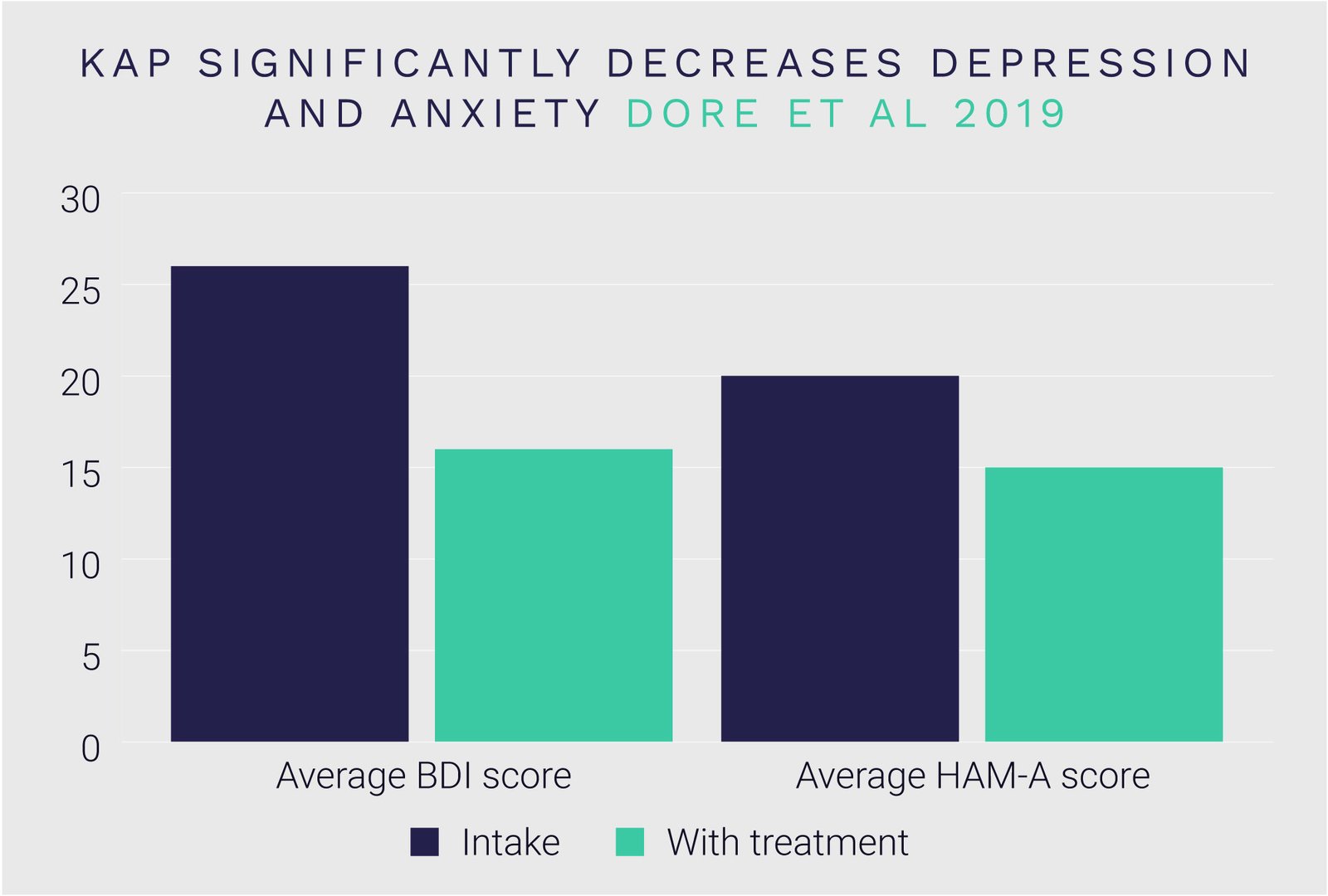CAREWORKS | MINDJOURNEY
KETAMINE ASSISTED PSYCHOTHERAPY
Is Ketamine Assisted Psychotherapy Right for you?
- Do you struggle with chronic depression that doesn’t seem to budge no matter how many medications have been tried?
- Have you spent years paying for therapy and yet you’re still not seeing the improvements you want and need in your life?
- Are your relationships and career stalled out until you figure out a way forward?
What is Ketamine?
Ketamine is a medication that has been used since 1970 as an anesthetic. The World Health Organization has it on their list of essential medications. It is used in emergency medicine and minor surgical procedures for pain relief. Ketamine can be easily dosed and injected, reliably produces anesthesia with dissociation, and is safe with proper medical supervision.
HERE’S WHAT’S SO EXCITING THAT’S RELEVANT TO YOU…
Ketamine is a rapid-acting extremely effective intervention to address treatment-resistant depression and shows promise for Post Traumatic Stress Disorder (PTSD), as well as Obsessive Compulsive Disorder, with a mechanism completely different from all other antidepressant medications. Ketamine remains off-label for the treatment of depression.
First of all, ketamine enhances neuroplasticity by significantly increasing Brain-Derived Neurotrophic Factor [1] , a key brain hormone which can promote reversal of the loss of connectivity between neurons caused by chronic depression. Second, ketamine normalizes activity of the default mode network [2] , the brain network responsible for obsessive negative thinking in depression, creating an opportunity to get unstuck and regain hope. Third, ketamine blocks receptors for glutamate [3] , a neurotransmitter associated with brain excitotoxicity and inflammation. All of these mechanisms appear to play a significant role in the rapid antidepressant effects of ketamine.
Ketamine is a medication that has been used since 1970 as an anesthetic. The World Health Organization has it on their list of essential medications. It is used in emergency medicine and minor surgical procedures for pain relief. Ketamine can be easily dosed and injected, reliably produces anesthesia with dissociation, and is safe with proper medical supervision.
HERE’S WHAT’S SO EXCITING THAT’S RELEVANT TO YOU…
Ketamine is a rapid-acting extremely effective intervention to address treatment-resistant depression and shows promise for Post Traumatic Stress Disorder (PTSD), as well as Obsessive Compulsive Disorder, with a mechanism completely different from all other antidepressant medications. Ketamine remains off-label for the treatment of depression.
First of all, ketamine enhances neuroplasticity by significantly increasing Brain-Derived Neurotrophic Factor [1] , a key brain hormone which can promote reversal of the loss of connectivity between neurons caused by chronic depression. Second, ketamine normalizes activity of the default mode network [2] , the brain network responsible for obsessive negative thinking in depression, creating an opportunity to get unstuck and regain hope. Third, ketamine blocks receptors for glutamate [3] , a neurotransmitter associated with brain excitotoxicity and inflammation. All of these mechanisms appear to play a significant role in the rapid antidepressant effects of ketamine.
How Effective is Ketamine?
When antidepressant medications work well, they can literally save lives. Unfortunately, the largest study ever done on depression, the STAR*D study, has shown that most people who were prescribed antidepressant medications most of the time do not get significant benefits. Even more discouraging was the conclusion that the more antidepressants a person tries, the less likely the drug is to succeed. [4]
IM KETAMINE INFUSIONS
Most ketamine studies gave people with treatment-resistant depression one or more IM ketamine infusions. These studies have reported that IM ketamine reliably produces, in about 70% of people, a significant reduction in symptoms of depression [5] . This is groundbreaking…no medication has ever touched depression with this level of efficacy.

“Recent data suggest that ketamine, given intravenously, might be the most important breakthrough in antidepressant treatment in decades. First and most important, several studies demonstrate that ketamine reduces depression within six hours, with effects that are equal to or greater than the effects of six weeks of treatment with other antidepressant medications. [6] Second, ketamine’s effects have been noted in people with treatment-resistant depression. [6] This promises a new option for people with some of the most disabling and chronic forms of depression, whether classified as major depressive disorder or bipolar depression. Third, it appears that one of the earliest effects of the drug is a profound reduction in suicidal thoughts. [7]”
Benefits of Ketamine with Psychotherapy
In 2019, a large study using Ketamine-Assisted Psychotherapy reported a significant decrease in depression and anxiety. [8] This study is important because it shows that combining psychotherapy with ketamine is very effective.
Additionally, ketamine comes with a dissociative experience that can be disorienting and bring up a lot of psychological material for people. Having a trusted guide next to you makes the experience more relaxing, while also taking the opportunity to generate new insights into your depression. At IPC, we stand by Ketamine-Assisted Psychotherapy for all of these reasons.

Personal Outcomes
Imagine waking up in the morning with the energy to show up for family and friends, feeling strong and vital for exercise, or being ready to jump back into work. People have reported this kind of experience after going through our Ketamine-Assisted Psychotherapy program. We’ve even had many patients leave feeling more connected to the world and feeling aligned with a higher purpose for their lives. It’s possible to have consistently productive, upbeat and grounded days where you feel able to express your potential. We understand that these things might currently feel impossible, but Ketamine Assisted-Psychotherapy, can make these types of experiences a reality. Individual results may vary.
Imagine waking up in the morning with the energy to show up for family and friends, feeling strong and vital for exercise, or being ready to jump back into work. People have reported this kind of experience after going through our Ketamine-Assisted Psychotherapy program. We’ve even had many patients leave feeling more connected to the world and feeling aligned with a higher purpose for their lives. It’s possible to have consistently productive, upbeat and grounded days where you feel able to express your potential. We understand that these things might currently feel impossible, but Ketamine Assisted-Psychotherapy, can make these types of experiences a reality. Individual results may vary.
What makes us Unique?
Choosing a medical provider can be a stressful experience. We want to help you find the right ketamine provider for your needs. Although there are an increasing number of places offering ketamine, there are several key things that make our clinic different which are important to consider when determining if IPC is the right place for your care:
References
1. Huang YJ et al. New Treatment Strategies of Depression: Based on Mechanisms Related to Neuroplasticity. Neural Plast. 2017; 2017:4605971.
2. Hamilton et al. Depressive Rumination, the Default-Mode Network, and the Dark Matter of Clinical Neuroscience. Biological Psychiatry. 2015 Aug 15;78(4):224-30.
3. Andrade, C. Ketamine for Depression, 1: Clinical Summary of Issues Related to Efficacy, Adverse Effects, and Mechanism of Action. J Clinical Psychiatry 2017 Apr;78(4):e415-e419.
4. Gaynes BN et al. What Did STAR*D Teach Us? Results From a Large-Scale, Practical, Clinical Trial for Patients With Depression. Published online 1 Nov 2009. https://doi.org/10.1176/ps.2009.60.11.1439.
5. Zarate CA, et al. A randomized trial of an N-methyl-D-aspartate antagonist in treatment-resistant major depression.Arch Gen Psychiatry. 2006 Aug;63(8):856-64.
6. Aan Het Rot M et al. Ketamine for depression: where do we go from here? Biol. Psychiatry. 2012 Oct 1;72(7):537-47.
7. DiazGranados N et al. Rapid resolution of suicidal ideation after a single infusion of an N-methyl-D-aspartate antagonist in patients with treatment-resistant major depressive disorder. J. Clin. Psychiatry. 2010 Dec;71(12):1605-11.
8. https://www.nimh.nih.gov/about/directors/thomas-insel/blog/2014/ketamine.shtml
9. Jennifer Dore et al. Ketamine Assisted Psychotherapy (KAP): Patient Demographics, Clinical Data and Outcomes in Three Large Practices Administering Ketamine with Psychotherapy, Journal of Psychoactive Drugs, 51:2, 189-198, DOI: 10.1080/02791072.2019.1587556.